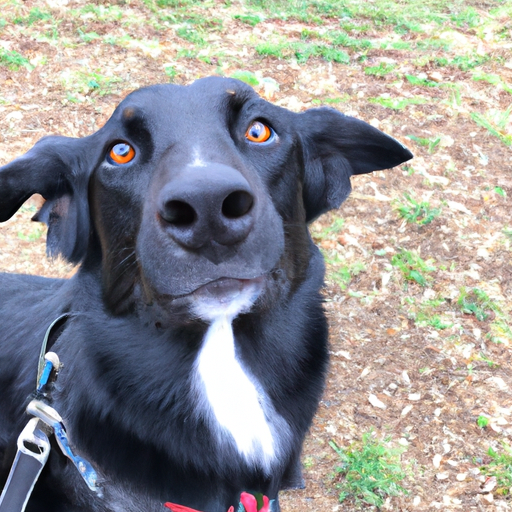Introduction to Working Dogs
You might think of dogs as just companion animals, bringing joy and warmth into our homes. Yet, there’s another side to these loyal creatures that might surprise you. Dogs are not only man’s best friend but also, they are hardworking partners in various fields, including search and rescue, therapy, herding, and even law enforcement. These are what we call “working dogs”.
Types of Working Dogs
There’s a whole world of working dogs out there, each with unique roles and responsibilities. Let’s dive into some of the most common types:
- Search and Rescue Dogs: These dogs use their keen sense of smell to locate missing persons in disaster areas, forests, and mountains.
- Therapy Dogs: These dogs provide comfort and emotional support in hospitals, nursing homes, and schools.
- Herding Dogs: These dogs are trained to herd cattle, sheep, and other livestock.
- Service Dogs: These dogs assist people with disabilities, such as guiding the visually impaired or alerting people with hearing loss.
- Police Dogs: Also known as K9s, these dogs assist law enforcement in detecting drugs, explosives, and tracking criminals.
Traits of Working Dogs
You might wonder, what makes a dog a good candidate for work? Here’s a shortlist of traits that are often seen in working dogs:
- High intelligence
- Strong work ethic
- Excellent physical condition
- Strong sense of smell
- Highly trainable
| Traits | Description |
|---|---|
| Intelligence | The ability to learn and solve problems |
| Work Ethic | The willingness to work hard and complete tasks |
| Physical Condition | The physical capability to perform tasks |
| Sense of Smell | The ability to detect scents and track them |
| Trainability | The ability to learn new skills and commands |
Training of Working Dogs
Training a working dog requires time, patience, and a deep understanding of canine behavior. Usually, it starts when the dog is still a puppy and involves teaching basic obedience commands, socializing the dog with different environments and people, and gradually introducing the specific skills needed for their work.
FAQs about Working Dogs
Q: Can any breed become a working dog?
A: While certain breeds are more suited to working roles due to their physical abilities and temperament, with the right training, many dogs can perform some form of work.
Q: How long does it take to train a working dog?
A: It varies widely depending on the dog and the type of work. It can take anywhere from a few months to a few years.
Q: Can working dogs also be pets?
A: Yes, many working dogs live with their handlers and are part of the family. However, they are also expected to behave professionally when on duty.
Q: Do working dogs enjoy their work?
A: Yes, most working dogs love their jobs! They are bred and trained for it, and it keeps them physically and mentally stimulated.
Q: Are working dogs treated well?
A: Absolutely. The welfare of working dogs is of utmost importance, and they are given regular breaks, high-quality food, and plenty of love and attention.
In conclusion, working dogs are more than just pets. They are highly trained partners that perform critical roles in our society. The next time you see a working dog, take a moment to appreciate the incredible work they do.



